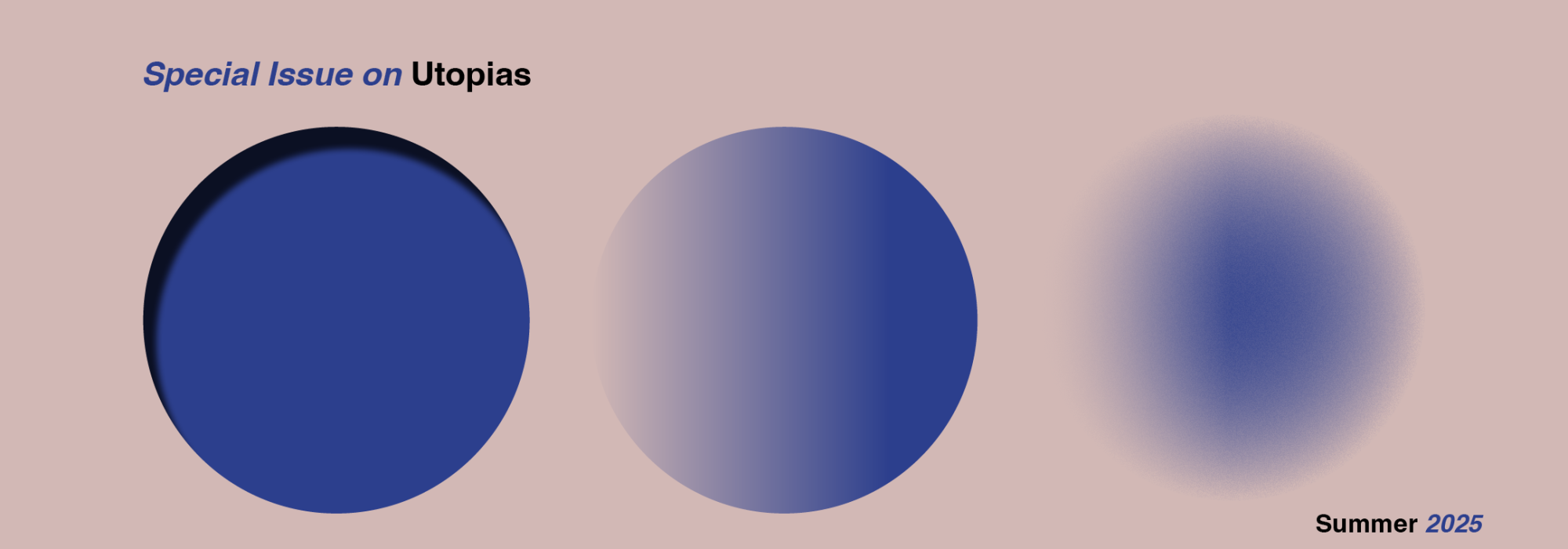This special issue stems from the idea that what we can imagine in our minds can eventually become true. However, we do not see desirable futures as solely an exercise in imagination but above all a lived endeavor facing up to the multiple challenges at hand: with the ecological conditions necessary for the survival of species deteriorating and extreme right-wing and anti-democratic movements being on the rise, our ability to live well together within safe and just planetary boundaries is jeopardized.
At universities, meanwhile, ideas of imaginaries and desirable futures gain traction as students protest on the streets and scholars attempt to reimagine academia in the face of urgent global challenges. In this context, the “performativity of ideas” helps to recognize that what we picture in our minds, can indeed become real. One source of inspiration for this Special Issue on Utopia was the ingenious book “The Ministry for the Future”, by novelist Kim Stanley Robinson. In this book, he popularized the genre “climate fiction” visualizing both the horrors of a world under accelerated climate change, but also the creative human potential to deal with it. In this spirit, in the year 2024, we – a group of early career researchers in the social sciences – sought to provide a forum for ideas that can grow into more desirable futures. We hence invited contributions that sketch Utopias, reimagining the role of academia, the economy, and politics in the 21st century. One year later we are impressed by the variety of angles with which our contributors tackled the very idea of utopia. One of them, Andrea Mathez, traced it back to the term (O)u-Topia coined in 1516 by Thomas Morehich in essence means no-place, and which quickly came to be used to refer to a non-existent good place in many languages. What is this non-existent good place? Well, considering that it effectively resides in our ideas (and dreams), our Special Issue allowed us to at least get a little closer to examining it!
Find the published version of this special issue here:
By Laurence Jeangros, Lilly Felber, Philipp Censkowsky, Robin Schimmelpfenning (The Editorial Team)


